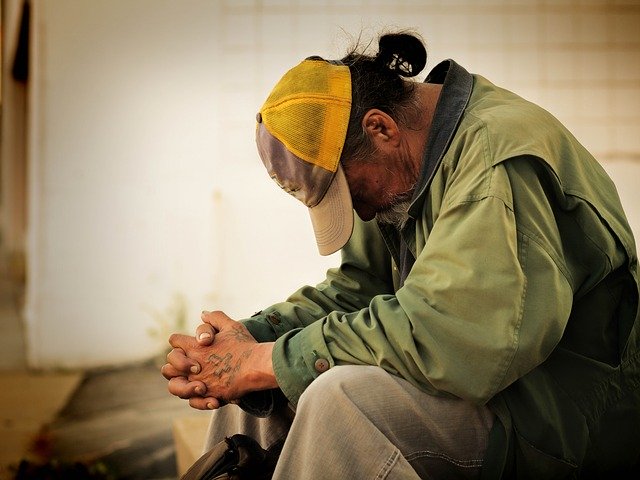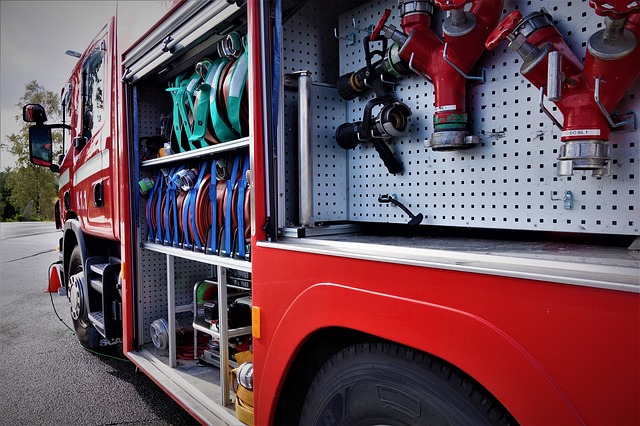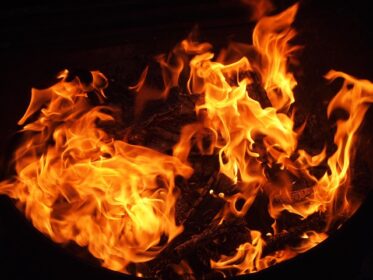Grace turned off the water tap after she’d effectively soaped both palms. The Camp Fire was 100% disaster and fury—marching across Butte County, CA as if lit by Sherman in his scorched earth policy that helped to end the Civil War—so she focused on the small.
After she scrub-a-dubbed, Grace positioned her hands directly below the faucet and edged the tap with her elbow to dribble water for rinsing. Tacitly the town’s citizens agreed to sacrifice—to effectively deal with the disaster—and this was her tiny contribution. Perhaps she should make a sign, SAVE WATER, for the diner customers to follow her suit.
As soon as she poked her head out of the bathroom, the din hit. Ferguson’s Fast Food was filled with people of all shapes and sizes and squalls. Yes, there was a baby, wailing away in his mother’s arms as if he’d been tapped to express the feelings of the entire room. It felt like utter-and-aghast despair, mingled with the perspiration of fear, a picture that no one could paint with words. Grace was clear that the image was seared in her memory.
I hope I can sleep without nightmares.

She longed to sleep in her own bed. If her home survived. Where would the stray cats convene if it didn’t? Who would feed them if her husband, the noble-and-ready firefighter, didn’t return?
What will I do if he doesn’t return?
Perish the thought. He will return. He must. Grace smiled as she recalled his credo for all emergency response: Don’t get yourself dead. But, in the mirror, her smile quivered.
Grace willed her thoughts to return to the room, the present. Every square inch of the eatery was filled with people fleeing the far-and-wide fire. Eyes downcast, anxiously wringing hands and twirling strands of errant, uncombed hair. Some seated on the floor cross-legged, since every available booth seat and chair was filled.
The fire survivors’ clothing was infused with smoke and ash, their hair likewise and their faces unkempt. Eyes downcast, not knowing where to look, none in the group knew if they’d lost all—or if they’d be the lucky-unluckiest who’d suffer from survivor’s guilt because their home was spared.

Grace abandoned her unimportant signage plan and gulped a final bit of unfired air. Then she unlocked the small bathroom’s door, willed a spring in her step, and pasted a smile on her face. She walked to the short order counter and peeked in. “Reporting for duty, Ferg.”
“Well, git to it, Woman. Grab an order pad and help me feed the starving.”
It was the same thing her boss said every day when she reported for duty at 6:45a.m., but this time Ferg didn’t give her a wink and a pat on the butt. He merely swiveled back to his eight-foot stove. With a shrug and a look of deep chagrin.
From the cluttered space surrounding the cash register, Grace scooped the entire contents of the Dixie cup—a couple of pens and two sharpened pencils into one hand. She tucked a pencil behind one ear and a pen behind the other. She stuffed the other pencil and pen in a front pocket and an order tablet into the other jeans pocket and set out to feed the hungry. There was no time to search for an apron.
It was then that she noticed that she’d worn one brown oxford and one tennis shoe. No wonder her equilibrium was off. It wasn’t the fumes of disaster that knocked her off-balance, it was her cock-eyed footwear.
Grace shook her head in dismay and the shudder extended, for several seconds, all the way to her differently clothed toes. It couldn’t be helped that she’d dressed in the dark, when the call came in, when her husband had to rush to Fire Station No.1 in Paradise, twenty-four miles away.



Recent Comments